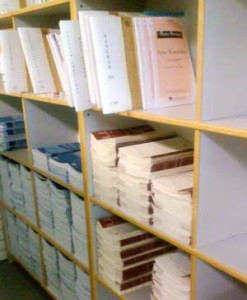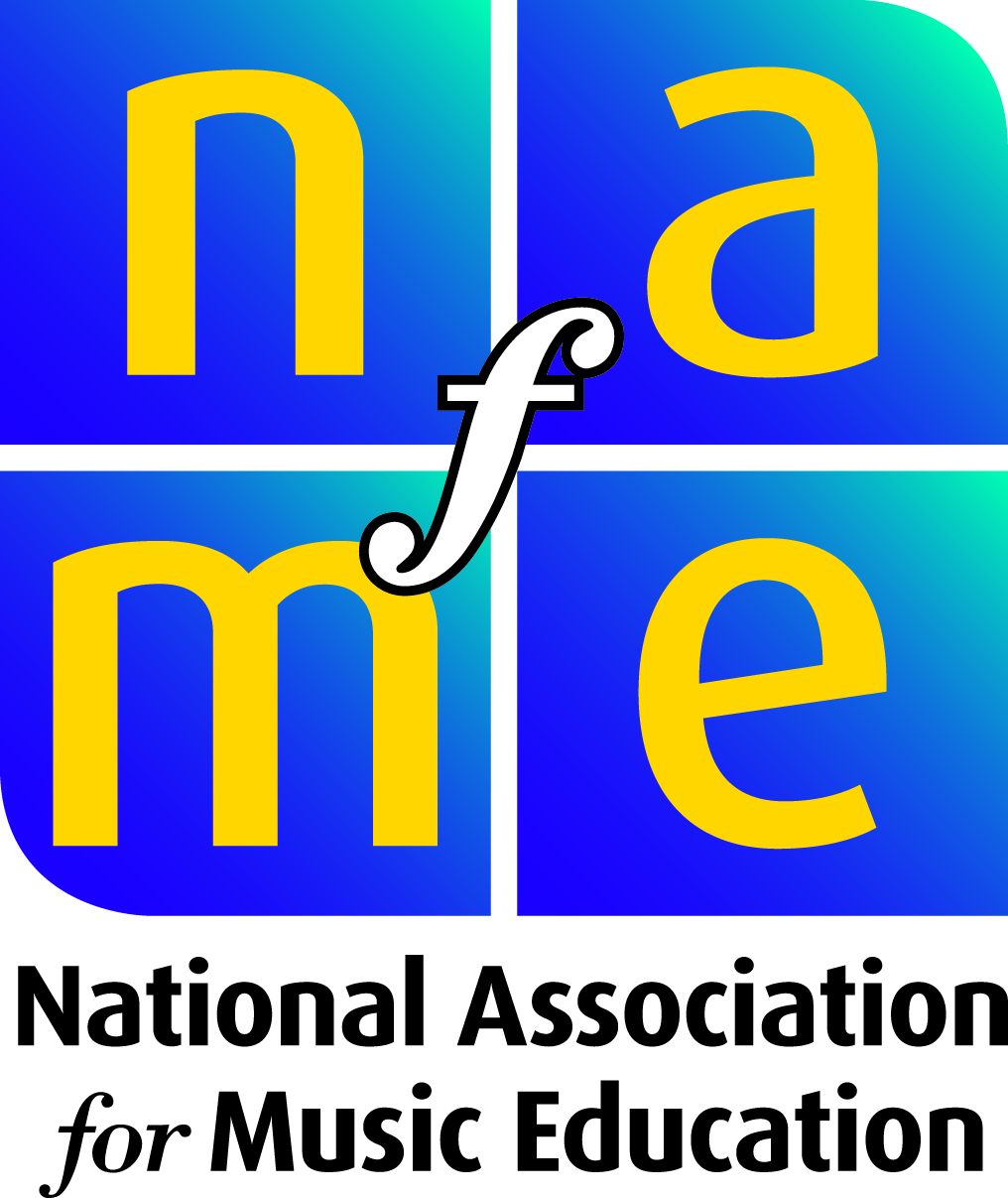We had the good fortune to speak with TMEA about the MSMISP grant program more in depth. They were very helpful in providing answers to some of your most frequently asked questions. We thought we would share what they had to say.
The Middle School Music Instructional Support Program (MSMISP) is a grant program from TMEA (Texas Music Educators Association) for 6-8th grade Choir, Orchestra and Band directors in Texas. It will provide $1,000 (yes, a full grand!) for sheet music to programs who are selected in the 2014 – 2015 school year. If you end up going over the grand TMEA will give you then your district will be billed for the difference. Penders is offering free shipping so you can make full use of your thousand without worry.
In order to qualify the director must have current membership with TMEA and teach at a Texas middle school. Applications may be submitted from September 15, 2014 to October 15, 2014. There is a total of $500,000 that will be allocated based on current funding and size of the program. So, if you want a snapshot of your program’s chances of getting this money, simply divide your budget by the number of students you have. If your dollar-per-student is lower than the state average you will have a great shot at getting a grant.
TMEA has told us that as of September 24, 2014there are only 230 applications filed, that means that even if you have a million dollars in the your budget you should still apply. There are currently 2,800 qualified campuses in Texas so odds are most of you haven’t even heard of this program. Even if you teach programs at multiple schools you can apply, the grant money is program specific not director specific. Even private school programs can get this money so you really have no reason not to apply.
Let’s get one thing straight, though, this music may only be used for sheet music designed for a full ensemble so you won’t be able to fund your next few years of solo and ensemble with this money. It also can’t be used for pop pieces such as show tunes or accompaniment CD’s. A limited number of sight-reading pieces will be acceptable in TMEA’s view. Finally, choral applications with less than 10 individual sheets per piece will be asked to bring that number up to an amount that can serve a choir rather than can be used for perusal. TMEA’s explicit goal is to place challenging music in front of every middle school choir, orchestra and band student in Texas.
Your application will need to be submitted with a quote from a qualified vendor that includes shipping (again, Penders has free shipping on all MSMISP quotes). TMEA will review each piece and let you know if something doesn’t work for the use of the money. If you get the grant the quote will then be sent back to the vendor who will fill your order will be paid directly from TMEA. They are considering allowing refunds and exchanges in extreme scenarios only but will be subject to an approval process at TMEA before they can be completed.
On their site TMEA has outlined some criteria to help you select music appropriate for this program.
Quickly they are:
- Works that offer insight into significant composers.
- Works that have cultural, historical relevance as defined by the TEKS.
- Works that extend the technical demands and musical limitations normally associated with middle school repertoire.
- Works that can be related to other artistic genre such as dance, visual arts and literature
If you were confused by some of these points don’t worry, so were we.
First, we asked what their definition of a significant composer was. They told us it is going to be anyone of historical or musical significance to include contemporary composers (think Tichelli, Whitacre and the like) and those doing Hollywood music (John Williams, Danny Elfman, Howard Shore and others). But again, NO POP.
In regards to the last point about relating to other genres, they said a piece would qualify under this condition if it could be related to another academic subject and specifically quoted ‘Of Sailors and Whales’ by Francis McBeth to relate to literature, ‘Solitary Dancer’ by Warren Benson to relate to dance and any piece with multiple time signatures or difficult rhythms to relate to math. Of course, this is not an exhaustive list so be creative when applying this one.
While these may seem restricting, TMEA has told us that anything on the UIL list that is appropriate for the average 6 – 8th grade ensemble will be fair game but they stressed that pieces grade 3 and above are their preference. This list is primarily meant to guide your selection of music outside the UIL list.
TMEA wants to work with you to provide your students with the best music education available. They will be reviewing each application personally and will do line by line acceptance of pieces rather than whole application rejection or acceptance. If something you selected is outside their expectations they will contact you. But feel free to contact TMEA or Penders with any questions or concerns you may have.
TMEA wants to give you $1000 in music and my barber always told me to never reject money more than once.
Get your application in now! Penders can help you do it. If you have any more questions then please email or call us (our information is below). You can also send us your list of music and we will return your proposal within one business day so you can get your application in quickly.
Pender’s Music Co
band@penders.com choir@penders.com orchestra@penders.com
1 (800) 772-5918








